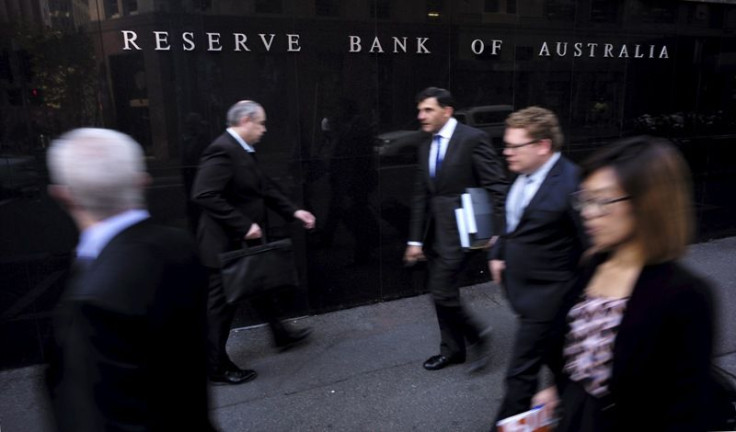Reserve Bank of Australia warns of rising inequality with ever increasing housing prices

The Reserve Bank of Australia says growing consumer spending as the outcome of the housing boom is clashing with national interest. With increasing home and land values, household debts have been pacing up, which is expected to leave people vulnerable to external shocks, said Deputy Governor Philip Lowe.
"Given the position of household balance sheets, it is unlikely to be in our long-term interest for a consumption boom to be financed by a pick-up in household borrowing," Lowe said in a speech in Perth on Wednesday.
He believes the gap between the ever increasing housing prices and average household incomes could leave the nation to face the worse off, conceding that the best results could only be guaranteed with both housing prices and incomes rising.
"This is something we continue to be cognisant of in the setting of monetary policy," he added. Lowe's warning could be indicative of RBA’s reluctance to pull down the cash rate below the all-time low of two percent due to a potential housing price bubble in Melbourne and Sydney.
ABC reported that RBA, according to its public statements, has started working with regulators such as Australian Prudential Regulation Authority (APRA) to encourage people to make residential housing investments.
Meanwhile, APRA is asking major banks to put their capital aside to support mortgages and the banks have already reduced interest rates for the investors and gave interest only loans.
In his address on national wealth and land values, Dr Lowe said while the rise of the housing prices was a boon for the property owners, it was increasingly difficult for the young Australians to cope.
He also warned that future housing prices have chances of exceeding capital gains for both property owners and renters. “While home prices were rising, household incomes were not keeping up and low rates were providing less of a boost to consumer spending than a decade ago,” he added .
Contact the writer at feedback@ibtimes.com.au, or let us know what you think below





















